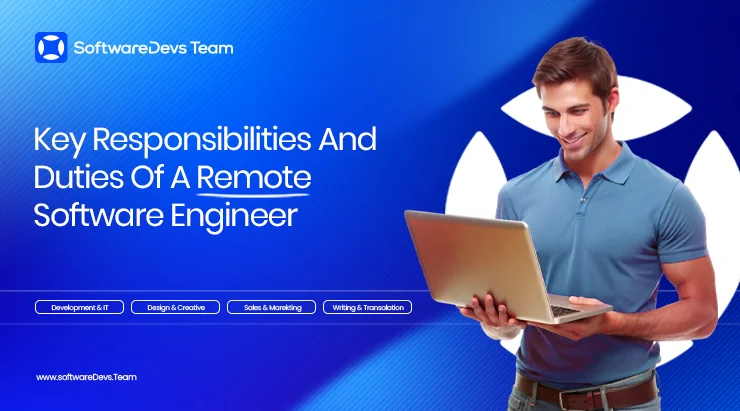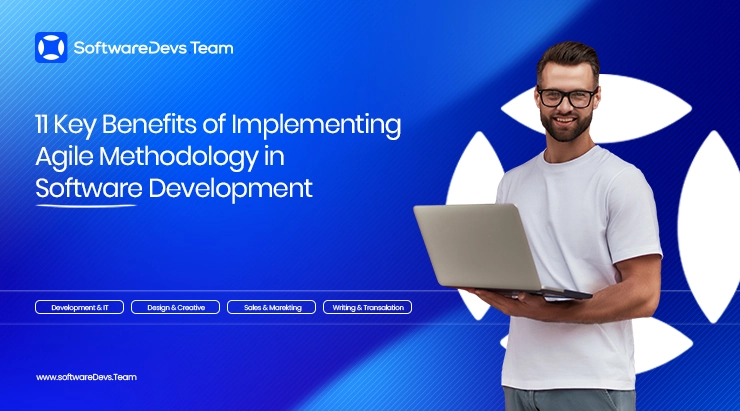how to hire employees for a small business if you want your firm to achieve success? It can be hard to find people. Especially with the right skills and traits. But, adding new team members who get along well can increase output, innovation, and revenue.
We will walk you through. Particularly on how to hire employees for small business. With it we will include where to look for qualified applicants. And outlining each hiring phase in detail and providing advice on how to do it correctly.
What Makes a Good Employee?
Are you having trouble hiring the proper people for your company? Perhaps the person you recruited wasn’t quite the right match, or you’re unsure of the abilities your staff members need to be successful at work.
It might be difficult to find qualified candidates, and recruiting new staff can be expensive. We wrote this essay to assist you in understanding the attributes that are important for your business and what to search for. So, make sure you recruit the correct people.
How to hire employees for small business? In our economy, small businesses play a significant role. They boost our economy, provide new ideas, and generate jobs. Small firms thus require staff members who can do a wide range of tasks, foster business growth, and adapt to changing circumstances with ease. So, how to hire employees for small business?
Be Clear About the Role
How to hire employees for small business? First, you post job ads online. Then, make sure you use words and phrases that job seekers are likely to use. Especially when searching. Make sure the job title is clear. And that it describes the role well.
For example, if you need a “Search Marketing Specialist,” include words like “search” and “marketing” to attract the right candidates. This helps people looking for jobs in both “search” and “marketing” find your listing.
The Search Marketing Specialist will do tasks every day that help the company reach its goals. So on how to hire employees for small business? They will:
· Create and use strategies to make our website more visible online and get more visitors.
· Study keywords to find ways to make our website better.
· Run ads on platforms like Google Ads and Bing Ads.
· Check how well our website is doing using Google Analytics.
· Make and improve pages and ads to get more people to buy our products or services.
· Work with other teams like content and social media to make sure we’re all working together.
The Search Marketing Specialist is important because they help the company grow and get more customers online. This role is a chance to make a real difference to our company’s success. We want someone who is dedicated and ready to help our team succeed.
How to Hire Employees for Small Business
An HR expert once said that you don’t need top-tier employees to make a small business successful. So now on to, how to hire employees for small business? It is suggested that average employees can still do a good job. However, after hiring for many years, it is clear that hiring exceptional employees, or A+ players, is the best for a growing business.
From experience, three types of hires are important:
· Expertise-based hires:
These are for roles that need skills the owner doesn’t have. Consulting with someone who knows about that area can help find the right qualifications and ask the right interview questions.
· Capacity-based hires:
These hires take on tasks the owner would do if they had more time. It is important to figure out what skills are needed and where extra help would be most useful.
· Task-specific hires:
These hires do tasks the owner doesn’t like. It is important to think about who would enjoy that work and write the job description accordingly. If the job isn’t attractive, finding ways to make it part of a bigger job might be needed.
Understanding these differences and being clear about job requirements helps small businesses hire the right people for success.
Write a Winning Job Description
Next step in how to hire employees for small business: When writing a job description, start with an interesting introduction that talks about your company and the job. Avoid just listing facts and instead make it exciting for someone to want to work with you.
Introduction:
Begin with a paragraph that talks about your company and the job.
About Us:
Describe your company in a way that makes it easy for people to understand what it is like to work there. Show them your company’s culture and values. Tell them you work together to find new ideas for our clients.
Ideal Candidate:
Describe who you are looking for. Talk about their skills and personality. Show them what it is like to work in your company. Such as: They love social media and are good at thinking of new ideas. If you like working fast and sharing ideas, you might be perfect for us.
Responsibilities:
Explain what the job involves in detail. Describe what the person will like being in charge of social media, creating fun posts, checking how well they do, and keeping up with what is new.
How to Apply:
Tell people how to apply for the job. Ask for a resume and a cover letter that talks about why they want the job and how they are a good fit. For example:
Extra Points:
You can also mention things that would be nice but are not necessary. Focus on making your job description interesting and clear. This will help you find the right person for the job.
Filter Applicants: Create the form
Deciding who to interview takes more time than the interviews themselves. It’s easy to say no to applicants who don’t follow instructions or lack the right experience. But figuring out if someone has the skills we need can be tough.
So how to hire employees for small business, you ask? We can make this process easier with an online form. We ask candidates questions about the skills we need for the job. For example, if we’re hiring a Security Infrastructure Engineer, we might ask about their experience with security protocols or networks.
This form helps us see if candidates have the right skills early on. If someone skips questions, it might mean they’re not a good fit or not serious about the job. Some candidates might not like filling out the form, but it helps us find the right people.
Making a form with tools like Google Forms is easy. Users can use bullet points. And that is when we tell them they don’t need long answers. Unless we ask for them.
For example, if we are hiring a social media strategist, we would ask about their writing skills, managing projects, and working with online communities. This helps us find candidates who meet our requirements without spending a lot of time on each one.
Interview Candidates
When the interview list has between 3 and 10 candidates, each one gets an email with a link to schedule a 15-minute phone call. Next up on how to hire employees for small business is brief interviews. They are meant to quickly check if there is a good fit without taking up too much time.
Ø Setting Up for Screening
Before these initial interviews, a set of screening questions is prepared, aimed at understanding how each candidate views the role they are applying for.
For each phone interview, a new note is created with the candidate’s name and the date. The standard list of questions is added to this note, and extra questions are included based on what stands out in the candidate’s resume or email.
These screening calls are short, usually not going over 30 minutes, unless more time is needed to collect important details. During these calls, candidates are evaluated for key skills and potential concerns, which helps narrow down the list of applicants.
Make the Hire
Employees are like houses; to get the best ones, you need to act quickly. This means having everything ready before you make a job offer. To be prepared, employers create a single Dropbox folder to keep all the materials needed for welcoming new employees. By putting these materials together ahead of time. And hiring new employees and bringing them on board can go smoothly and quickly.
FAQs
How to recruit employees for a small business?
Steps to recruit employees for a small business:
- Plan the hiring process with the group.
- Earlier on, pose screening questions.
- Display the things that set your business apart.
- Be open about how your firm handles career advancement.
- Make every member of your staff a recruiter.
- Post jobs in a way that highlights your culture.
- Think carefully about where you post job openings.
What is the best way to pay employees in a small business?
- Gather payroll forms and employee data.
- Determine their gross salary by adding their hours worked and hourly rate.
- After subtracting the necessary taxes, get the employee’s net compensation.
- Pay your staff by direct deposit or cheque.
- Payroll taxes should be filed.
- Keep up with your payroll documentation.
How do I hire people for my business?
- Be sure you’re prepared to bring on a new employee.
- Verify the recruiting standards as per the law.
- Craft an effective job description.
- Identify and draw elite talent.
- Post and keep an eye on your job listing.
- Interview and screen potential candidates.
- Take on your first employee.
- Forms required by law for hiring.
Where do small businesses look for employees?
Small firms frequently use social media, their own websites, and online job portals to advertise job opportunities in order to fill positions. Community bulletin boards, local job fairs, industry conferences, and networking events are some more successful techniques. A great place to find possible candidates is through employee or business contact referrals.




